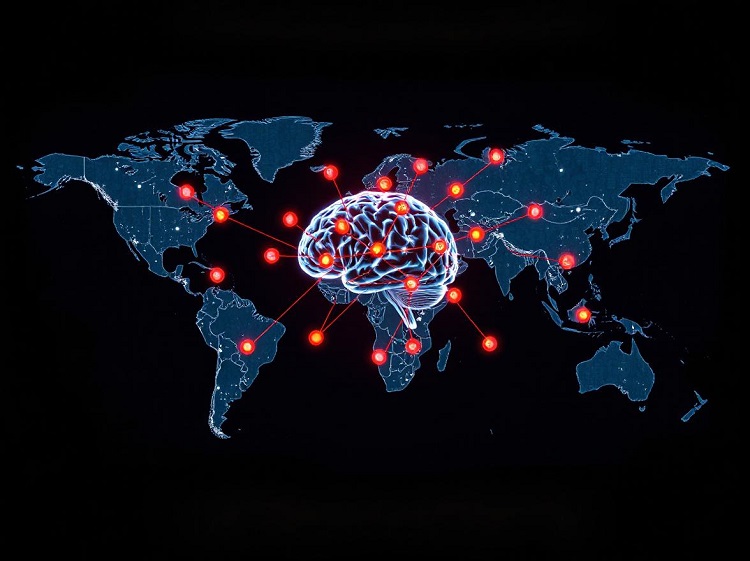Global supply chains are increasingly complex, spanning multiple countries, cultures, and regulatory environments. As businesses strive to stay competitive, the integration of advanced technologies like artificial intelligence (AI) has become essential. However, despite the transformative potential of AI supply chain planning solutions, many organizations face significant barriers to adopting these innovations effectively.
One of the primary challenges is resistance to change. Established processes and legacy systems often create a sense of inertia within organizations, making it difficult to embrace new technologies. This is compounded by a lack of technical expertise, as many companies struggle to find skilled professionals capable of implementing and managing AI-driven systems. Additionally, the high upfront investment required for cutting-edge technologies can deter adoption, particularly for small to medium-sized enterprises.
Another significant obstacle lies in data management. For AI supply chain planning solutions to deliver accurate insights, businesses must consolidate and standardize vast amounts of data from diverse sources. Inconsistencies and silos in data collection can hinder this process, reducing the effectiveness of AI tools.
Despite these barriers, the benefits of adopting AI in supply chain planning—such as improved forecasting accuracy, enhanced efficiency, and cost reduction—make it a worthwhile endeavor. By addressing these challenges through strategic planning, education, and collaboration, companies can unlock the full potential of AI to revolutionize their global supply chain operations. Overcoming these hurdles is not just about staying competitive; it’s about preparing for the future of supply chain management.












Leave a Reply